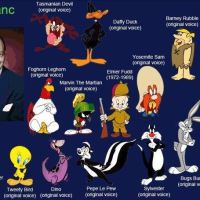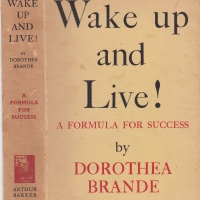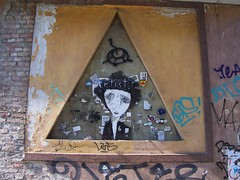The Answer is Simple ….. Love Yourself, Live Your Spirit’ by Sonia Choquette (Hay House Inc., 2008)
Sonia Choquette is a globally celebrated spiritual teacher, intuitive consultant, storyteller and visionary guide. In this admirable and persuasive self-help guide she advises we readers to stop dwelling on past errors and start to “live as Divine Beings.”
She views problems as opportunities which offer the path to true wisdom and warns against the trickery and self-deception of the ego. She advocates choosing self-love in order to “embrace the authentic you.” These are laudable aims and there’s plenty of truth in what she says.
Choquette’s daunting CV challenges mere mortals like myself to suggest that anything she writes could possibly be wrong. However, I venture to part company with her in the manner in which she merges the concepts of the ‘Divine Spirit’ with that of ‘God the Creator’ as if these concepts were one of the same thing.
She writes confidently that “Your Spirit after death simply returns to the great Creator, the Holy Mother/Father God, and resumes being the light it is made of.” There is of course no fact-based evidence for such an assertion. As with all religious beliefs, faith and mystery stand in for objective proof.
Choquette goes on to revere the Creator as the source for “the fulfilment of all your needs.” She argues that since this great Woman/Man looks after all our interests all that remains is to keep the heart open and clear. This is all fine and dandy if you are prepared to take on trust the notion that “God has a plan and positive things are always in store for you.”
Confusingly, she also maintains that “we, as Spirit, are the creative writers, directors, and actors in every scene.” In saying that we and God have the power to steer our lives towards peace, love and understanding is surely a contradiction in terms. Either we open our hearts up for celestial guidance or we set about doing the guiding ourselves. Who’s in control here?
As I non-believer, I believe that placing trust in a mystical (and unprovable) creator is to deny the power we have within ourselves. As a result, every time Choquette introduced the word Spirit (always with a capital letter) I mentally substituted the term ‘life force’ (in lower case). After all, the book title urges us not to love your spirit but to live it.
In short. I think a better title for this book would have been ‘Love yourself, Love your life force.’
What’s God got to do with it?



 One of the characters in Sir Kazuo Ishiguro’s eighth novel says “It’s not faith you need. Only rationality.” Yet, while never undermining the importance of pure science, Ishiguro is primarily concerned with how humanity and machines can co-exist healthily.
One of the characters in Sir Kazuo Ishiguro’s eighth novel says “It’s not faith you need. Only rationality.” Yet, while never undermining the importance of pure science, Ishiguro is primarily concerned with how humanity and machines can co-exist healthily. The book ambitiously seeks to find common ground between a series of dichotomies such as crime vs punishment, Christianity vs Atheism, sacrifice vs impulsiveness, constraint vs liberty, fidelity vs promiscuity and, most important of all, order vs chaos.
The book ambitiously seeks to find common ground between a series of dichotomies such as crime vs punishment, Christianity vs Atheism, sacrifice vs impulsiveness, constraint vs liberty, fidelity vs promiscuity and, most important of all, order vs chaos. This is a self help book for the soul in which traditional Celtic wisdom from Ireland is couched in universal terms. It is full of quotable anecdotes about living correctly and completely.
This is a self help book for the soul in which traditional Celtic wisdom from Ireland is couched in universal terms. It is full of quotable anecdotes about living correctly and completely.





